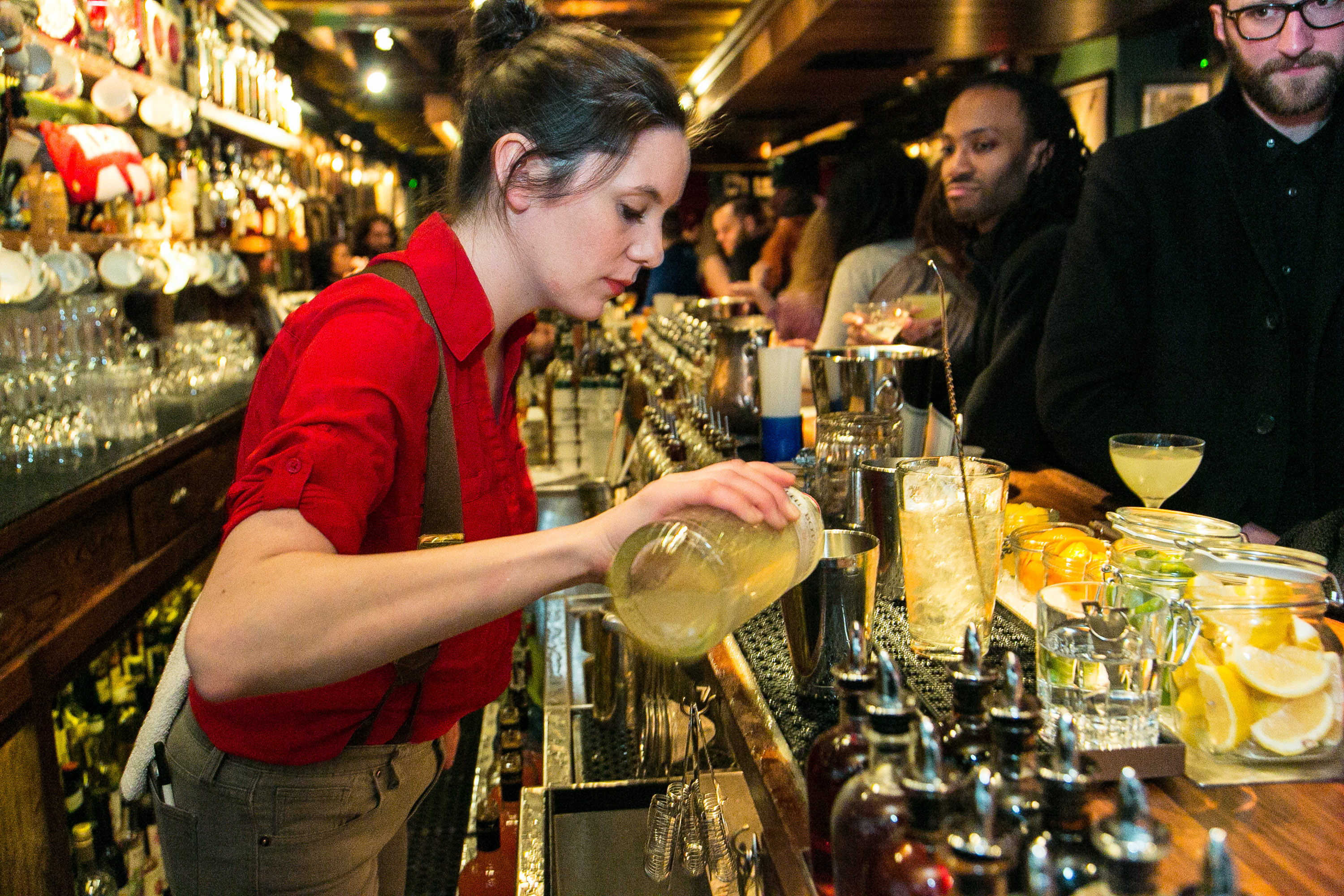A Costly Investment in Staff Training Technology Pays Off

Photo Caption: The Dead Rabbit spent over $50,000 developing proprietary technology to support staff training and career development.
Skift Take
For the Dead Rabbit's owners, this investment was worth every penny.


